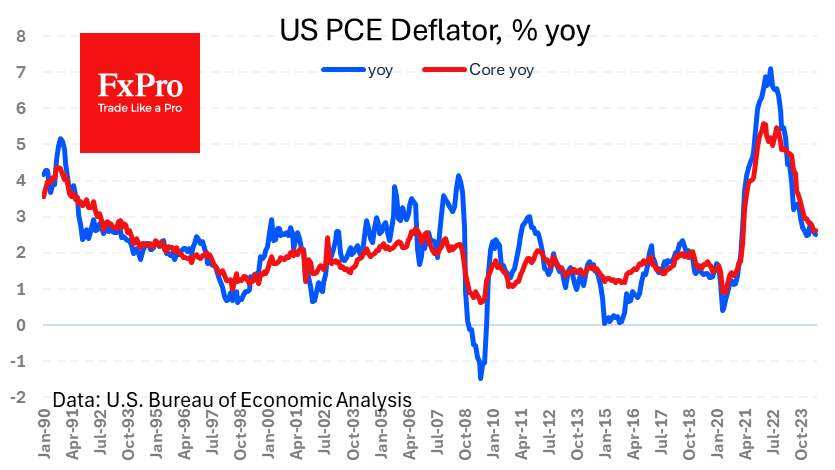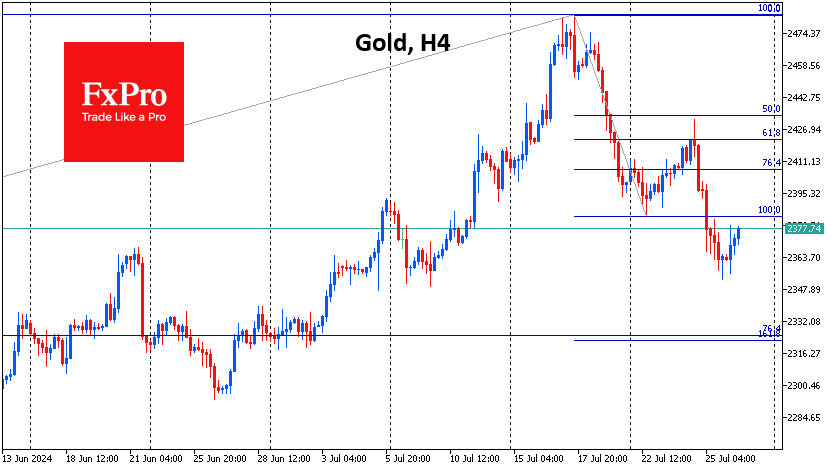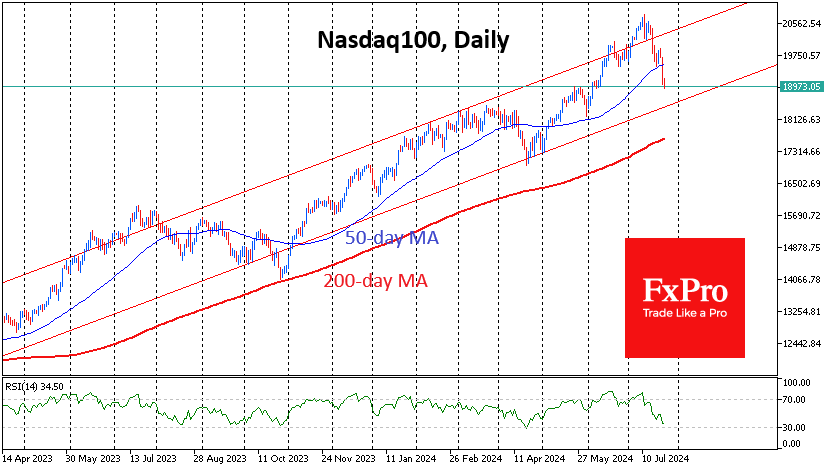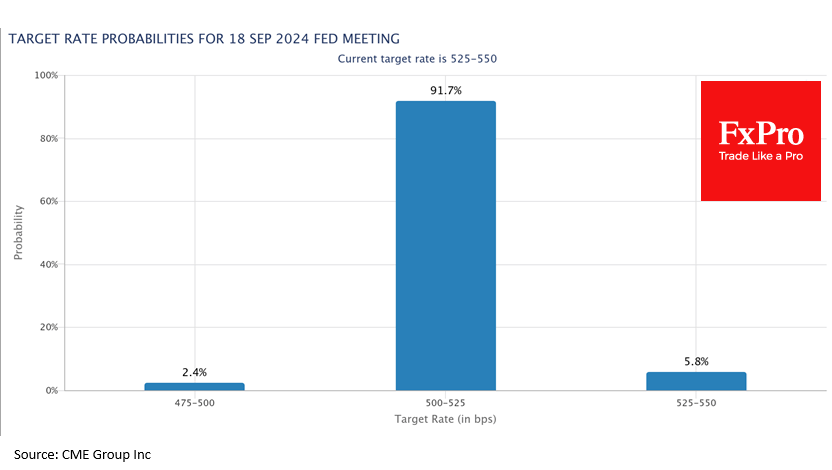The Nord Stream 2 dilemma: Why a transatlantic dispute is likely to go from very bad to even worse
March 09, 2021 @ 13:15 +03:00
A simmering geopolitical dispute over an undersea pipeline that would bring gas from Russia to Germany is widely expected to intensify in the coming weeks, with pressure building on President Joe Biden to do more to halt the nearly-complete project. If finished, the 1,230-kilometer (764-mile) Nord Stream 2 pipeline will become one of the longest offshore gas pipelines in the world. It is designed to deliver Russian gas directly to Germany under the Baltic Sea, bypassing Ukraine.
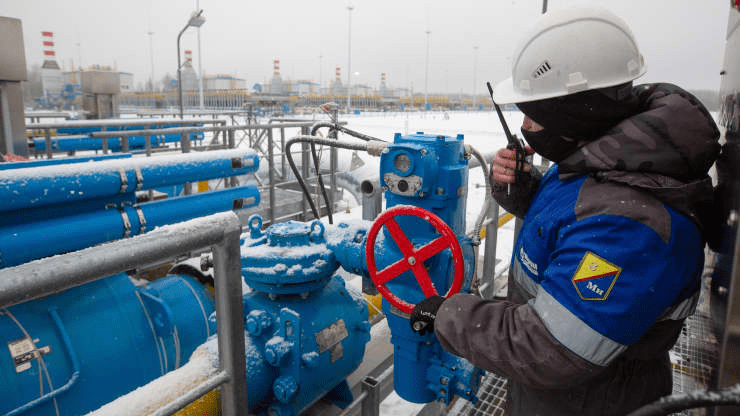
Alongside several European countries, the U.S. opposes the pipeline, calling it a “bad deal” for European energy security. Critics also argue the pipeline is not compatible with European climate goals and will most likely strengthen Russian President Vladimir Putin’s economic and political influence over the region.
Led by Russia’s Gazprom, the state-owned gas giant has claimed Nord Stream 2 is “particularly important” at a time when Europe sees a decline in domestic gas production. Advocates of the pipeline also condemn attempts “to influence or stop the project for political reasons.”
A bumpy road ahead for the project includes the threat of further targeted sanctions led by the U.S., Germany’s federal election in late September and an ongoing backlash over the poisoning and arrest of Russian opposition politician Alexei Navalny.
The project is 94% complete, with over 1,000 kilometers of the pipeline in place and less than 150 kilometers to go before Gazprom can then turn on the taps.
One potential stumbling block, analysts say, could be the prospect of a German government that’s opposed to the pipeline. The next general election, due to be held on Sept. 26, will determine who will succeed Angela Merkel as the country’s chancellor.
The problem, however, is the project is so close to completion that September may be too late to scrap the pipeline.
The Nord Stream 2 dilemma: Why a transatlantic dispute is likely to go from very bad to even worse, CNBC, Mar 9




